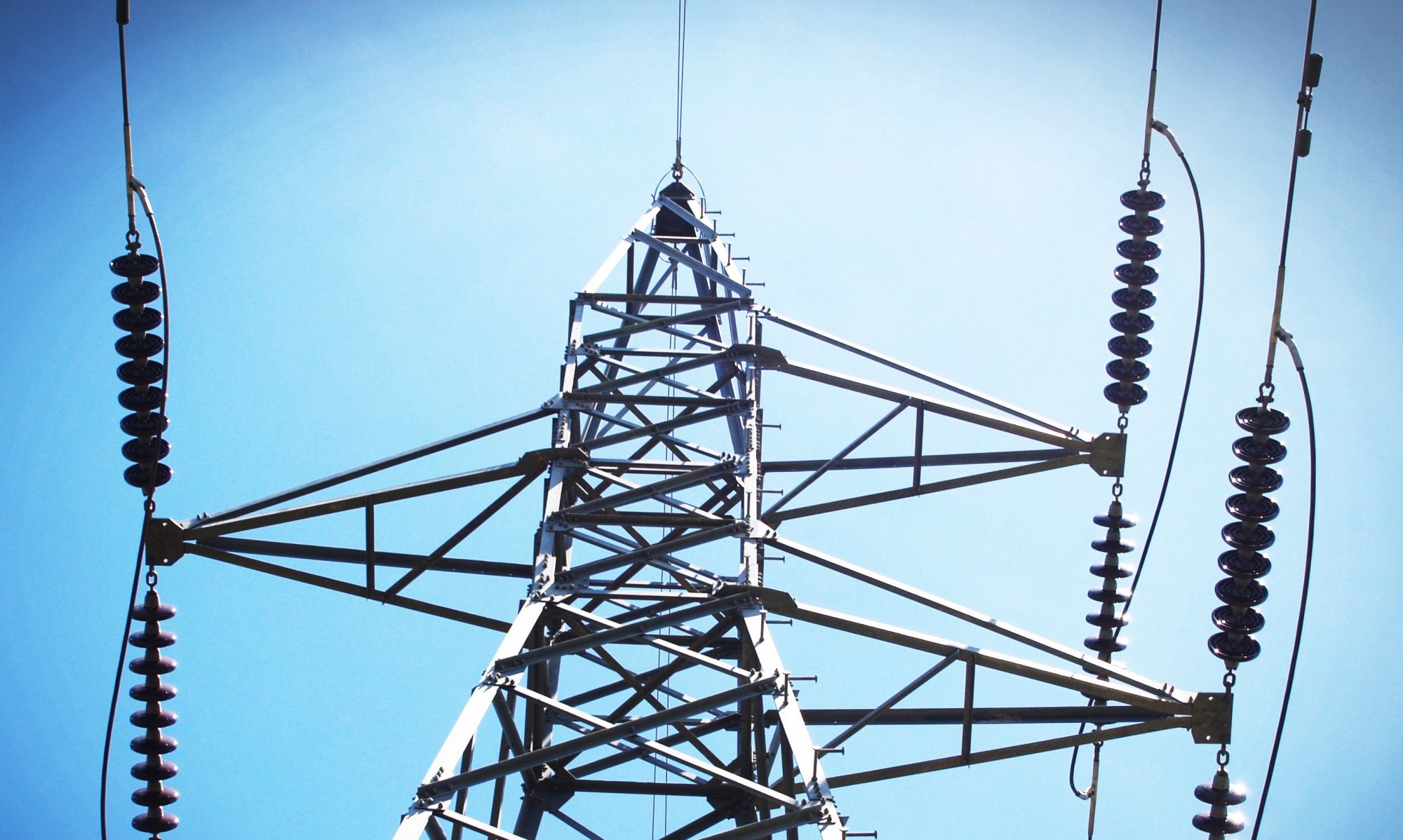
Furnace repair can be costly, and it is usually a big hassle, especially if it happens around wintertime, when you’d want such problems to be happening far away from your home. Unfortunately, it’s usually the case that furnaces break when we need them the most, since that’s usually when they are overused.
The good news is that your furnace breaking down doesn’t necessarily have to happen. You can work together with your HVAC furnace repair Denver CO experts to coordinate and use preventive maintenance and well-timed inspections to get to the bottom of even the smallest issue you can find.
Regular Maintenance to the Rescue
Preventing a malfunction from happening can be challenging, but it is possible. In most cases, what happens is that a maintenance requirement (or more than one) of the furnace is ignored, and you end up having to repair it or replace a broken part. If someone were to check up on your furnace and discover the issue before it leads to something breaking, then you can have it resolved with minimal effort and time, and you won’t have to spend so much money on having your HVAC and/or furnace repaired.
The first step is to check the most important maintenance tasks off your list. Look up tasks that homeowners can generally do, such as checking the vents for mold or looking up how to measure the fuel or power consumption of the furnace, and then comparing it with the ideal consumption rate for that model.
The next step is to hire a professional furnace repair service to check up on your unit at least once a year – preferably a few weeks before the coming of winter. That way, you’ll have plenty of time to have your furnace repaired if a hidden issue is found, or to make sure that all the maintenance activities that were neglected can be taken care of as soon as possible.
Finding the Right Experts for the Job
When it comes to finding a dependable furnace repair service, you might have a lot of options. However, you also have a significant number of ways to narrow them down and make sure you hire only the best technicians in your area:
- First of all, make sure you look for a service that operates locally. You’ll save time and money, and you’ll be able to talk to local experts who know a lot about the types of furnaces that are used in your area – most likely, including yours.
- Ask them about their license, warranty and insurance, and make sure to look them up using the BBB’s online tools. Also, check up on some reviews written about the company by their past clients, to see if they are generally considered to be reliable.
- Talk to them, and inquire about their routine maintenance and inspection activities. Make sure they operate within your budget, and that they can also offer repair and emergency services, in case your furnace breaks down when you need it more.
With these simple checklist, you can locate and hire one of the best services in your area, and they will be able to help you with your furnace. Their assistance with preventive maintenance might help you save thousands of dollars down the line.

